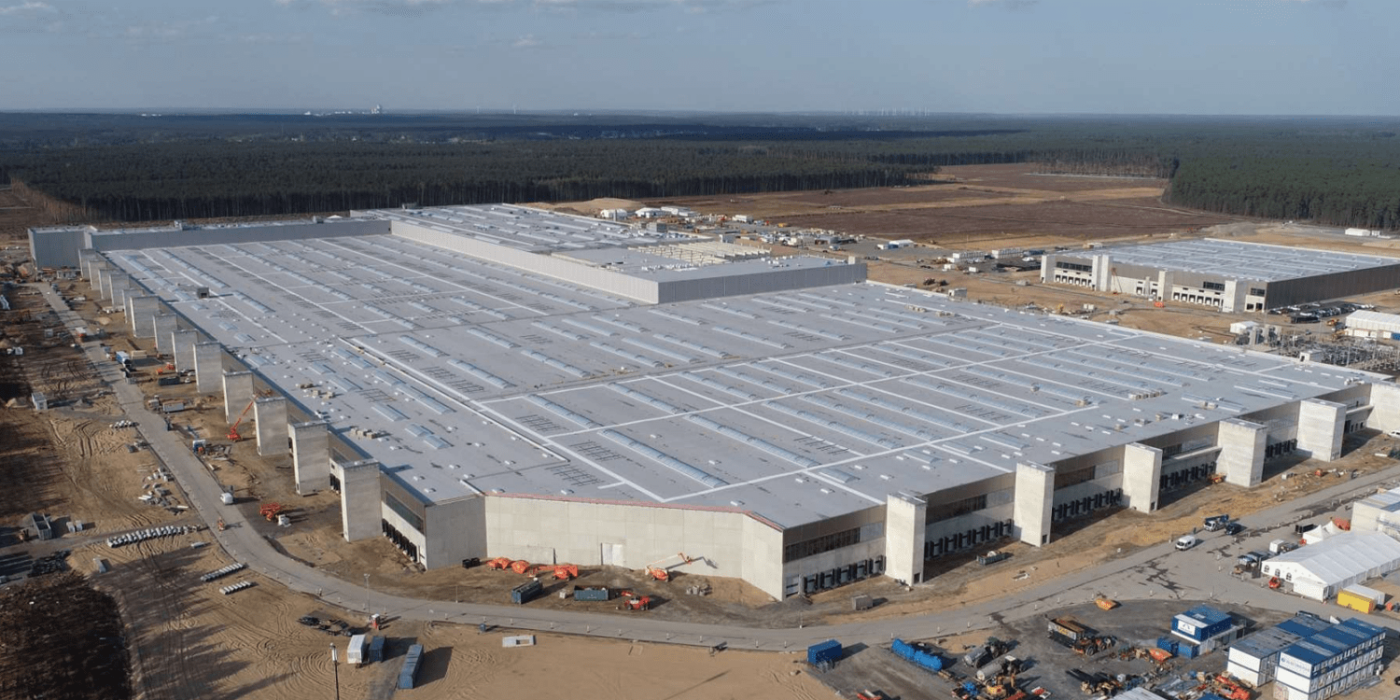Tesla to hand in third application for Giga Berlin
Although the Tesla vehicle plant in Grünheide is being expanded to include a battery cell factory, the company says the water consumption of the combined Gigafactory will not increase. According to a media report, this information was gleaned from the third application in the main approval process that Tesla is likely to submit to the state environmental agency this week.
As reported by the German newspaper Tagesspiegel, the updated Tesla application in the current main approval procedure for the first expansion stage still provides for a maximum annual water consumption of 1.423 million cubic metres for the then combined electric car and battery cell factory, which is as much as was previously estimated for the electric car plant alone.
This has to do with the new technology of the Tesla battery cells, which are part of the car body and are to be produced in a “dry process”. Tesla this more efficient production process for the 4680 cells at the Battery Day last September.
The fact that this production process for the cathode is now used as a justification for lower water consumption or no increase in water consumption including battery production is somewhat surprising. It is one of the innovations with which Tesla wants to greatly reduce the costs for the batteries, which indicates that the process must have been part of the planning for the cell factory in Grünheide from the very beginning.
In order to keep water consumption as low as possible, the car factory has also been technologically improved. According to the German newspaper report, the new Tesla application for approval, which will then be followed by the third public consultation, is to be submitted to the Brandenburg State Environmental Agency this week. Despite the tight schedule, Tesla is firmly counting on the first electric cars rolling off the assembly line at Giga Berlin in 2021.
Despite the progress that seems to have been made, the water supply is likely to become an important issue in the main approval procedure and the public objections to it. Even though the 1.4 million cubic metres of water per year for the first expansion stage have already been secured, environmental associations have announced that they are preparing a legal challenge.





1 Comment